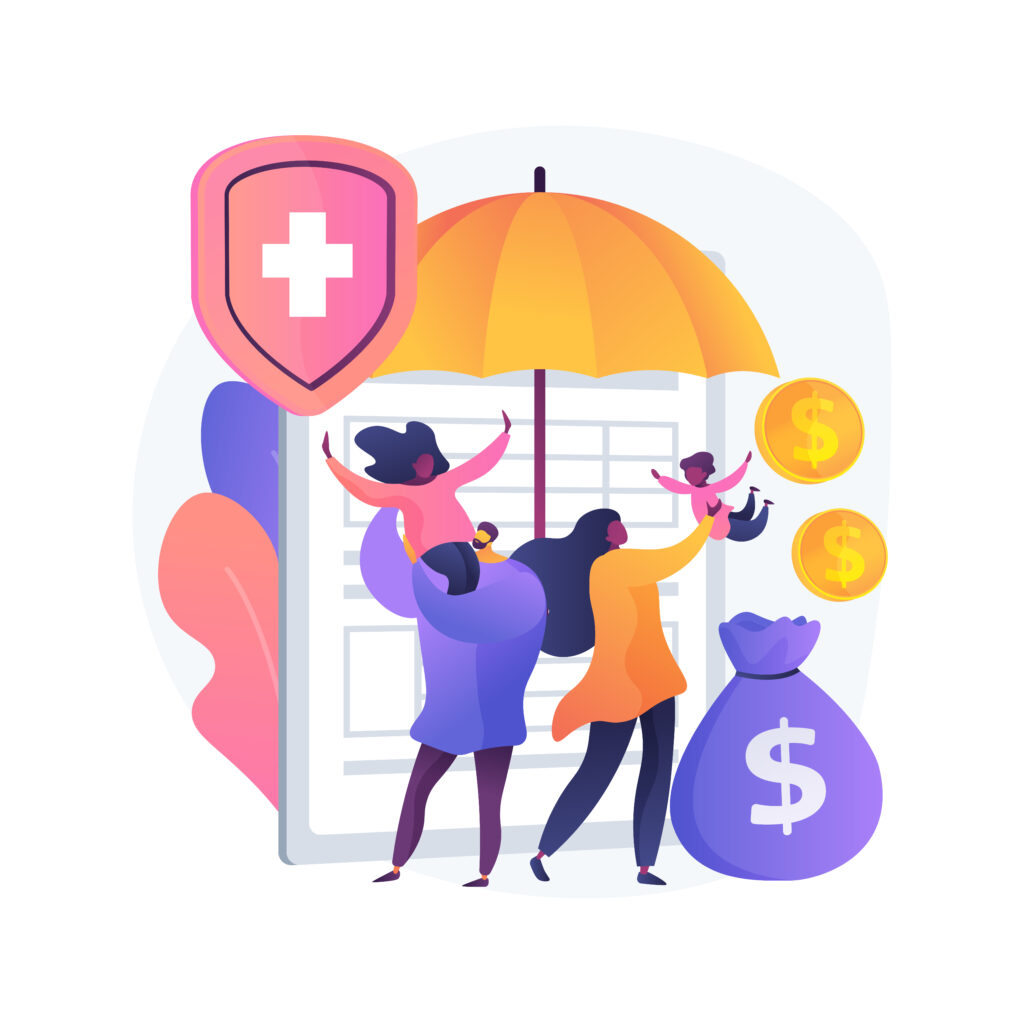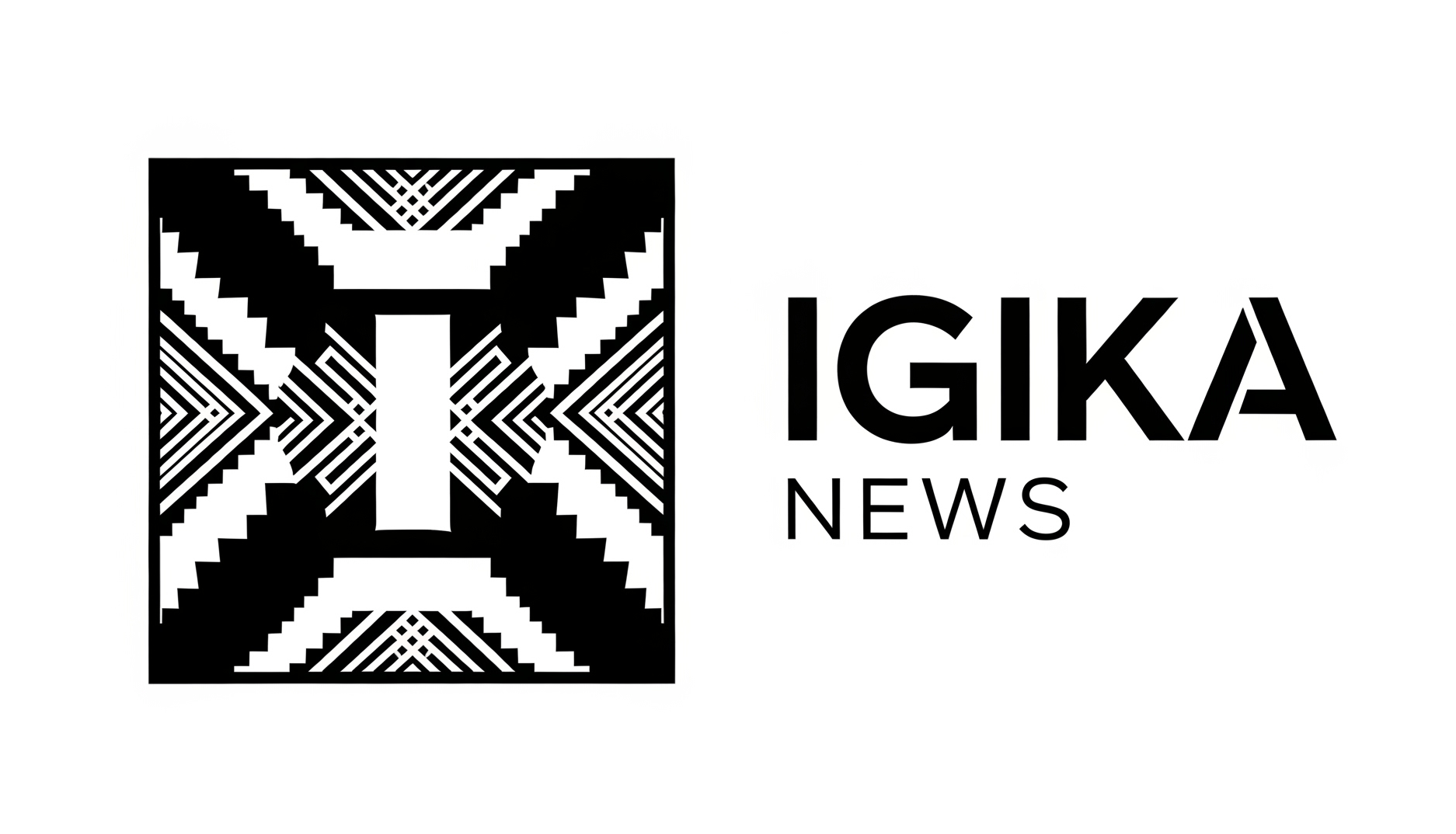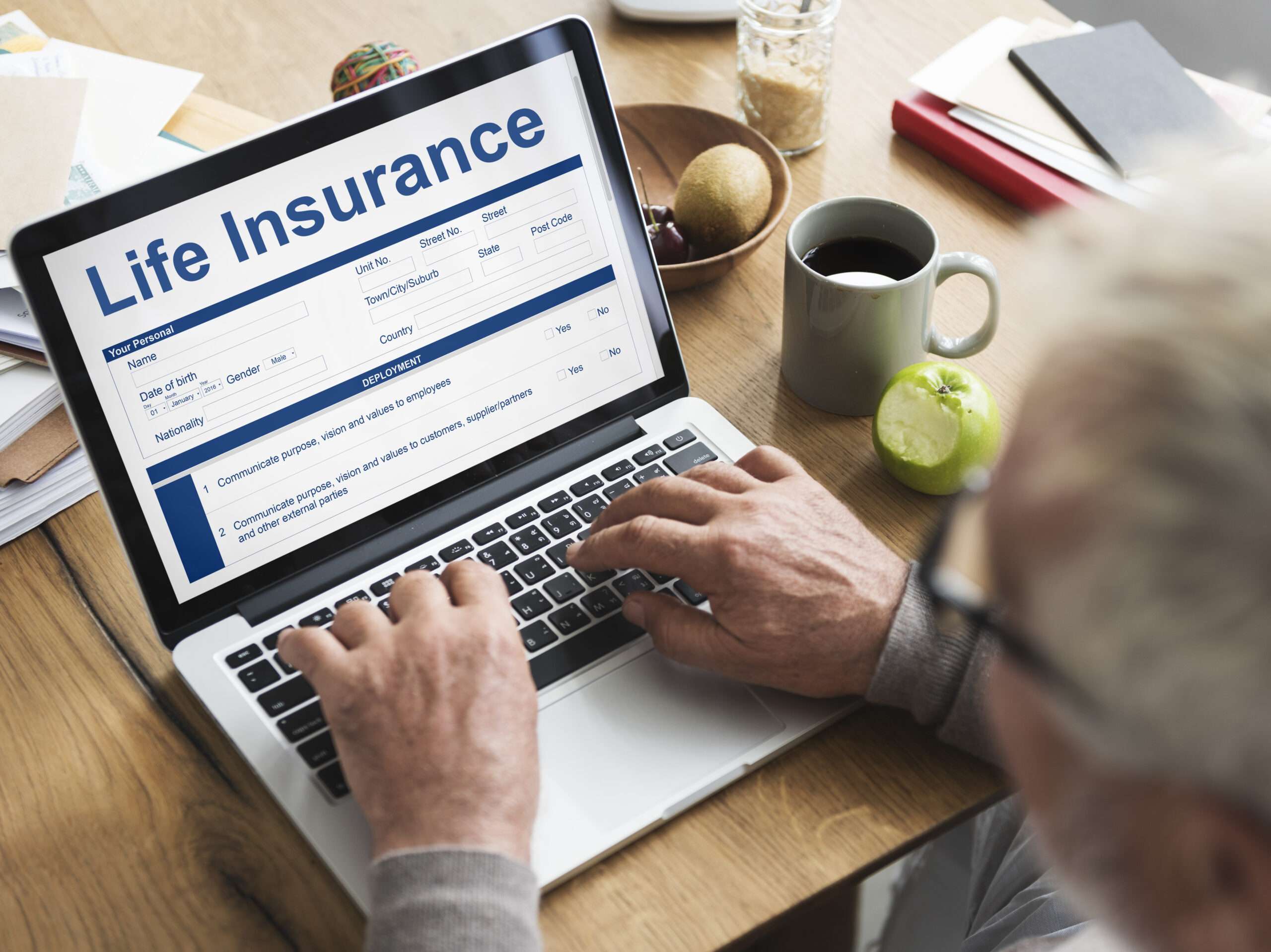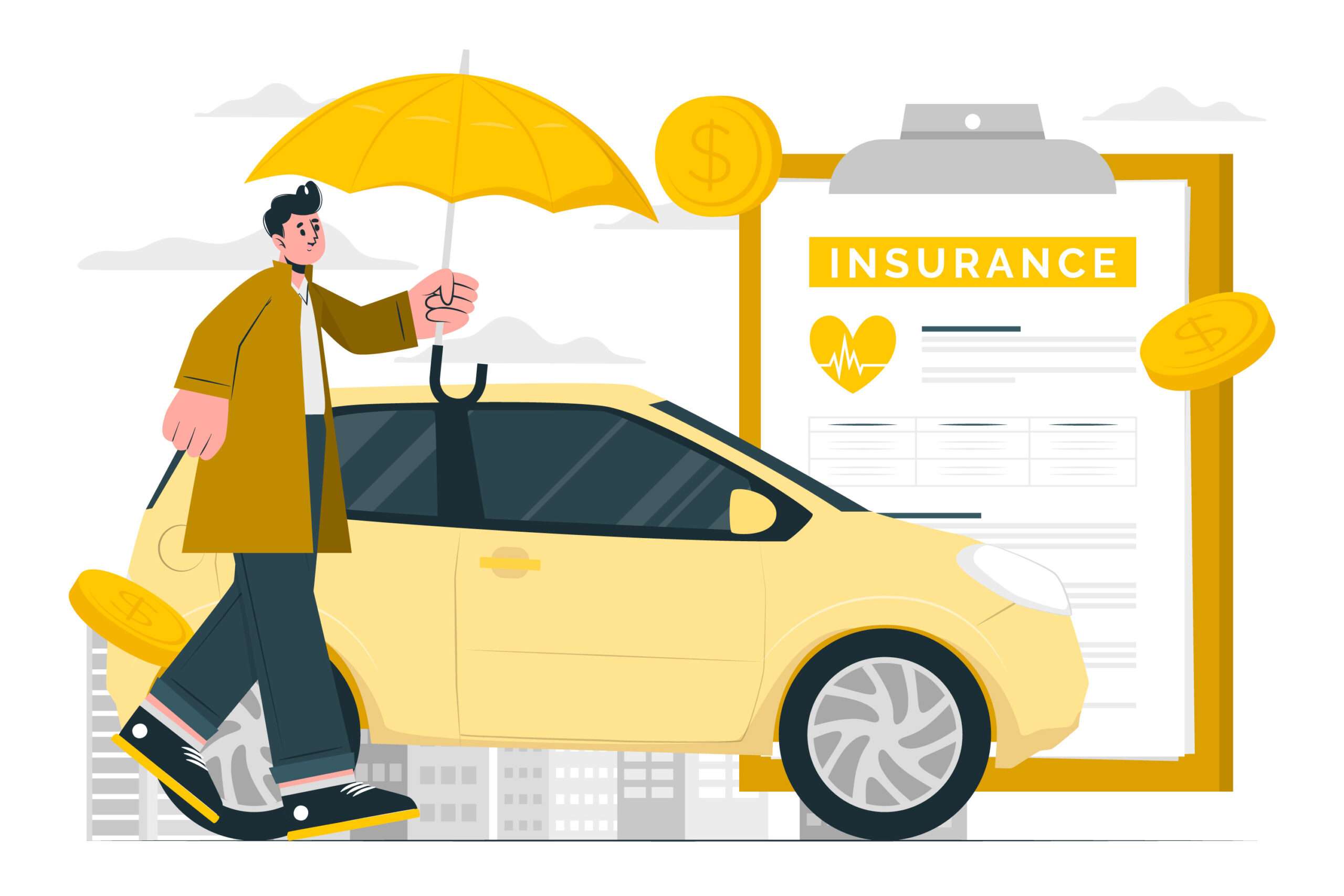Slug: protecting-valuable-assets-why-insurance-is-essential
Introduction: What Are Your Most Valuable Assets Beyond the Balance Sheet?
Hello, dear readers and fellow champions of financial foresight! [Your Blog Writer Name] is here to peel back the layers on a topic that is often talked about but not fully understood: Protecting Your Most Valuable Assets. This is your go-to guide for all things security and strategy. What do you think of when you hear the word “assets”? Your home? What about your car? Your portfolio of investments? Yes, those are very important. But what if I told you that your most valuable things aren’t just things you own or money in a brokerage account?
They are your ability to make money, your health, your family’s health, and the peace of mind that comes from knowing you’re ready for whatever life throws your way. These are the building blocks for all of your other financial goals. Even the most impressive wealth accumulation can fall apart if these core pillars aren’t protected.
Today, we’re not just talking about financial tools; we’re also talking about a proactive mindset and a strong strategy that will help you achieve your goals no matter what. And at the center of this complete security plan is a basic truth: why insurance is necessary. It’s not just a monthly payment; it’s a deep commitment to stability, a strong protection against huge losses, and a smart way to invest in your family’s future. Join me as we figure out what asset protection really means and give you the tools you need to build a strong financial fortress.
Pillar 1: Protecting Your Human Capital—Your Ability to Make Money
To be completely honest, your most valuable asset isn’t your fancy car or even your beautifully remodeled kitchen. It’s the way you can make money. It’s what keeps your whole financial life going: paying your bills and your mortgage, building your savings, and making your dreams come true. If that engine sputters or stops, everything else becomes weak. This is exactly why insurance is so important for protecting your human capital.
The Unexpected Danger: Getting sick or hurt
Life is full of surprises. You may not be able to work for weeks, months, or even forever if you get sick suddenly, have an accident that leaves you unable to work, or have a long-term health problem. This isn’t just a hassle; it’s a possible financial disaster that could ruin even the best-planned budget.
Scenario Insight (Expand Here): Picture a young family where only one person works. They can’t work for six months because they hurt their back all of a sudden. How do they pay their mortgage, groceries, and medical bills without the right protection? This is when the real importance of income protection really sinks in.
Why You Need Insurance: The Importance of Disability Insurance
Disability insurance is your unsung hero in this situation. If you can’t work because of an illness or injury, this plan will replace a large part of your income. A lot of people put life insurance first (which is also important, and we’ll talk about it soon), but statistically, you’re much more likely to become disabled than to die young while you’re working.
STD: Short-Term Disability
What it is: STD is usually offered by employers and pays you 50–70% of your salary for a shorter time, usually 3 to 6 months. It is meant to fill in the gaps for short-term disabilities.
Helpful Hint: Know your employer’s STD policy. How long do you have to wait? What does it cover? Is it enough?
Long-Term Disability (LTD):
What it is: It starts after your short-term benefits run out (or after a certain amount of time, usually 90 to 180 days). Depending on the terms of the policy, LTD can pay for your income for many years, even until you retire.
Why Insurance is Important: LTD is a financial lifeline for people who can’t work for long periods of time. It keeps you from losing your job and being able to support your family.
If your employer offers LTD, take it! This is a good idea. If not, or if the coverage isn’t enough (like only covering 40% of your income), you should think about getting a private LTD policy. Private policies are portable, which means they go with you when you change jobs. They also often have stronger definitions of disability for your “own occupation.”
Expansion Point: Look more closely at the differences between “own occupation” and “any occupation” definitions of disability and why they are important.
Source Link Idea: Link to an article from a disability insurance company or a group that helps consumers that explains these terms.
Making a Plan for Your Disability Coverage:
Figure out what your family really needs to live on each month if you can’t work. Don’t forget about things like your mortgage, utilities, food, and even health insurance premiums that you have to pay every month. Try to replace 60% to 70% of your gross income.
Look over your employer’s benefits: Get a copy of your benefits package. Know how long you have to wait, how much you can get, and how long your coverage will last for both STD and LTD.
Think about getting private insurance: If your employer’s benefits don’t cover everything, look into individual plans. A financial advisor can help you figure out what to do.
Don’t depend only on government programs like Social Security Disability Income (SSDI). SSDI is important, but it has strict eligibility requirements and a long application process and often only pays a small amount of money that may not be enough. It should only be used as a last resort.
If a well-known financial planning site has linked to your blog about income protection, you can link to their article here.
Comprehensive disability insurance is a basic step in protecting your most valuable assets because it protects your ability to make money. It’s a proactive step that makes sure your money keeps coming in, even when you can’t be in charge of it.
Pillar 2: Protecting Your Family’s Future—The Important Role of Life Insurance
Disability insurance protects your current income, but life insurance is the best way to protect your family’s future. Life insurance is not an option for anyone who has dependents, like a spouse, children, elderly parents, or even a pet that needs your income. It is a huge responsibility. This is a great example of why you need insurance to have peace of mind.
The Irreplaceable Void: The Financial Effects of a Loss
You can never buy back a loved one with money. But having enough life insurance can keep a personal tragedy from turning into a financial disaster. Think about how your family would handle their short- and long-term financial needs if you weren’t there to help them.
Loss of income: money needed for daily living, rent or mortgage, utilities, and food.
Mortgages, car loans, credit card debt, and student loans are all examples of outstanding debts.
College funds for kids: Future education costs.
Retirement for the surviving spouse: making sure they can still have a good time in their golden years.
Childcare Costs: Who pays for these now that one parent stays home?
Last costs: funeral costs, medical bills that health insurance doesn’t cover, and estate settlement fees.
Scenario Insight (Expand Here): Describe a situation in which the main breadwinner dies suddenly, leaving behind young children and a mortgage. Talk about the financial problems their family would have to deal with if they didn’t have life insurance, and then compare that to the peace of mind that comes from a well-planned policy payout.
Why Insurance is Important: Knowing Your Life Insurance Options
It can be hard to figure out how life insurance works, but there are only two main types:
Life Insurance for a Set Amount of Time
The Pure Protection Play: This is exactly what it sounds like: coverage for a certain amount of time, like 10, 20, or 30 years. Your beneficiaries will get the death benefit if you die during that time. The policy ends when you die, and there is no payout.
Pros: Much cheaper than permanent options, especially when you’re younger and healthier. It’s “pure” insurance, which means that your premiums go straight to paying out the death benefit and not to a cash value part. It fits perfectly with times when you have a lot of financial responsibility, like when you’re raising a family or paying off a mortgage.
Cons: No growth in cash value. If you still need coverage after the term ends, you’ll have to buy a new policy, which will cost more as you get older.
Most families find that term life insurance is the best and most affordable option. Make sure you have enough coverage for the years when your family needs you the most.
Link to a blog post you wrote just for this topic, “Term Life vs. Whole Life: Which is Right for You?”
Whole life insurance and other permanent policies, such as indexed universal life and universal life:
These policies cover you for your whole life, as long as you keep paying your premiums. They also build up a “cash value” over time that grows without being taxed. You can borrow against it or take it out, but doing so lowers the death benefit.
Pros: Guaranteed death benefit, premiums that stay the same for life, cash value that builds up, and the chance to take out loans on the policy.
Cons: It costs a lot more than term life. The cash value growth is usually small after fees and commissions are taken into account, and it might not keep up with market returns if you invest it somewhere else. It combines insurance with a savings account, but it’s usually not as effective as keeping the two separate (for example, buying term life insurance and investing the difference).
Best For: Very specific financial situations, like when you need to plan for a big estate burial (like paying estate taxes), when you need to take care of a lifelong dependent with special needs, or when you’ve already maxed out all your other tax-advantaged retirement accounts and want another way to save money without paying taxes.
Expansion Point: Look more closely at the fees, surrender charges, and possible problems that come with permanent policies. Use examples to help people understand the “buy term and invest the difference” idea.
How Much Life Insurance Do You Need? Looking at the “DIME” Method Again
It is very important to figure out the right amount of coverage. The “DIME” method is a great place to start:
D – Debt: Figure out how much debt your family would have to pay off after you die, like your mortgage, car loans, credit cards, personal loans, and student loans if you co-signed.
I—Income: Multiply your yearly income by the number of years your family would need help with money (for example, 10 to 15 years, or until the kids are grown and can support themselves, or until a surviving spouse can retrain and go back to work).
M – Mortgage: The amount you still owe on your home mortgage (if it isn’t already included in “Debt”).
E—Education: Figure out how much college will cost your kids in the future, taking inflation into account.
Add these numbers together. Next, take away any liquid assets your family can get to right away, like a big emergency fund or other savings that can be easily converted. The number you have left is a good guess for how much life insurance you need.
Don’t forget about “final expenses,” like funeral costs, which can easily add up to $10,000 to $20,000, when figuring out what you need. You can add these to your “debt” calculation or make a separate buffer.
Link to a reliable, unbiased online life insurance needs calculator, such as one from LIMRA, Fidelity, or a well-known insurance marketplace.
How to Keep Your Life Insurance Up to Date:
You can’t just “set it and forget it” with life insurance. Your needs change as your life does.
Review Triggers: Getting married, having a child, getting divorced, buying a house, making a lot of money, sending kids to college, paying off big debts, or a spouse going back to work are all reasons to look over your coverage.
Beneficiary Designations: Make sure your beneficiaries are always up to date. If you have an old beneficiary, your wishes may not be followed, and you may have to go through a long probate process. This is a common mistake that is easy to avoid.
Tip for the real world: Set up a yearly financial review where checking your insurance policies, including life insurance, is a regular part of the agenda.
Getting the right life insurance is one of the most selfless things you can do. It will protect your most valuable assets—your family—by making sure they are financially stable long after you’re gone.
Pillar 3: Keeping Your Home, Car, and Everything Else Safe
Your possessions are important parts of your daily life and big investments, along with your income and family. Your home, cars, and personal items are all valuable things that need to be protected. This is another reason why insurance is important for protecting your wealth and making sure it stays that way.
Homeowner’s and Renter’s Insurance: The Shield for Your Home
Your home is probably your most valuable asset, and the things inside it are the result of years of work.
Insurance for homeowners:
What it Covers: Usually covers your home and other buildings (like your garage or shed), your personal belongings (like your furniture, electronics, and clothes), and your liability if someone gets hurt on your property. It also pays for extra living costs if your home becomes unlivable after a covered event.
Common dangers include fires, storms (wind, hail, lightning), theft, and vandalism. Floods and earthquakes are usually not covered and need their own policies.
Why You Need Insurance: A fire or a bad storm could destroy your biggest asset, leaving you homeless and broke. Most mortgage companies want it.
Expansion Point: Talk about the different kinds of homeowner policies (like HO-3 and HO-5) and the difference between replacement cost and actual cash value for personal property coverage.
Tip: Keep a record of your things! Keep an inventory in a safe place away from your home (cloud storage is great), and take pictures or videos. This is very helpful for claims. Check your policy every year to make sure the coverage amounts are still enough, especially after making big purchases or doing major renovations.
Insurance for Renters:
A lot of renters mistakenly think that their landlord’s insurance covers their personal things. This is a very important thing to know. No, it doesn’t! A landlord’s policy only covers the building itself.
What it covers: your personal property (even if it’s stolen outside your home!), liability protection, and extra living costs if your rented unit becomes unlivable.
Why You Need Insurance: It’s very cheap (often less than $20 a month) and protects your things and your liability risks.
Tip for the day: Don’t skip this. It’s a small cost for a lot of peace of mind.
Car Insurance: Driving Safely on the Roads
In most places, having car insurance is not only required by law, but it is also a basic part of protecting your most valuable assets, which are your car and your money in case of an accident.
Important Coverages:
Liability: Covers the damage (to people and property) you cause to others in an accident. This is the most important part because legal fees and medical bills from serious accidents can be very high.
Collision: Covers damage to your own car from an accident, no matter who was at fault.
Comprehensive: Covers damage to your car that isn’t caused by a crash, like theft, vandalism, fire, natural disasters, or hitting an animal.
Uninsured/Underinsured Motorist (UM/UIM) protects you if you get hit by a driver who doesn’t have insurance or doesn’t have enough coverage.
Why You Need Insurance: If you don’t have it, one accident that you caused could lead to lawsuits that take away your savings, future earnings, and other assets.
Tip: Every year, get quotes from different places. Think about raising your deductible to lower your premiums, but make sure you can easily pay that deductible if you need to make a claim. Ask about discounts for being a good driver, having multiple policies, or being a good student.
Source Link Idea: Link to a page on the official website of the state DMV or insurance department that explains the minimum requirements for car insurance.

Umbrella Insurance: The Best Way to Protect Yourself from Liability
An umbrella policy is a smart and often overlooked way to protect yourself if you have a lot of money, like a lot of savings, several properties, or a high income.
What it is: It gives you more liability coverage than what your homeowner’s and auto insurance policies cover.
Why You Need Insurance: If someone drowns in your pool, you get into a serious car accident, or someone sues you for defamation, your umbrella policy kicks in when your home or auto policy limits are reached. It keeps your net worth safe from being taken to pay off judgments.
Tip: These policies are surprisingly cheap for the amount of coverage they provide. For example, you can get $1 million or more in extra liability for just a few hundred dollars a year. Talk to your insurance agent about whether your lifestyle or net worth needs this extra level of protection.
Protecting your physical assets means that one bad thing won’t undo years of hard work and saving. It’s a real-life example of why insurance is necessary for full financial stability.
Pillar 4: Keeping Your Health Safe—The Most Important Thing
Your health is probably the most valuable thing you own, even though it’s not a “tangible” asset in the usual sense. Without it, you can’t make money, enjoy life, or spend time with your family as much. This shows why insurance is so important for everyone and every family. It also shows that strong health coverage is a must-have part of protecting your most valuable assets.
The High Cost of Healthcare
Even people who have some kind of insurance can go bankrupt because of medical bills. A single terrible illness or accident can quickly add up to hundreds of thousands, or even millions, of dollars in bills. If you have to use your savings or, even worse, go into debt to pay for medical care, your financial future could be ruined.
Scenario Insight (Expand Here): Show the path of a person who has been told they have a serious illness. Explain how the costs of doctor visits, tests, treatments, medications, and possible hospital stays are going up, and compare that to the peace of mind that comes with having full health insurance.
Why Insurance is Important: How to Choose the Right Health Insurance
It is very important to know how your health insurance works. Don’t just choose one and forget about it.
Employer-Sponsored Plans: If your employer offers health insurance, this is usually the best deal because they pay part of the premiums.
Tip: During open enrollment, make sure to look over the details of your plan. Look at it next to other choices (if you have any). Are the deductibles, co-pays, and out-of-pocket maximums still good for your family’s health needs and budget?
Affordable Care Act (ACA) Marketplace Plans: If you don’t have health insurance through your job, the ACA marketplace has plans that are cheaper based on your income.
Helpful Hint: Look into these choices. Don’t think you can’t afford coverage; you might be able to get big tax credits on your premiums.
Source Link Idea: Put a link to Healthcare.gov or the website for your state’s health insurance marketplace.
Medicaid and Medicare:
Medicare is a federal health insurance program for people who are 65 or older, some younger people with disabilities, and people with end-stage renal disease.
Medicaid: Covers the health care costs of millions of Americans, including low-income adults, children, pregnant women, seniors, and people with disabilities who meet certain criteria.
If you or a family member is eligible, make sure you know the eligibility criteria and enrollment periods.
Important Terms You Need to Know About Health Insurance:
Premium: The amount you pay each month for your coverage.
Deductible: The amount you have to pay yourself before your insurance kicks in.
Co-pay: The set amount you pay for a certain service, like a doctor’s visit or a prescription.
Co-insurance is a percentage of the bill that you pay after you meet your deductible. For example, if you have 20% co-insurance, you pay 20% of the bill and the insurance company pays 80%.
Out-of-Pocket Maximum: The most you will have to pay for covered medical expenses in a policy year. After this point, your insurance will cover all of your costs. This is the best way to protect yourself from really bad bills.
In-Network vs. Out-of-Network: Important for knowing which providers your plan covers best. Care that isn’t in your network is almost always more expensive.
Using Health Savings Accounts (HSAs) as a Strong Tool
If you have a high-deductible health plan (HDHP), you might be able to open a health savings account (HSA). This is an amazing financial tool that does more than just cover health care.
Three Tax Benefits:
Contributions that you can deduct from your taxes: Money you put in lowers your taxable income.
Tax-Free Growth: Your money grows when you invest it, and you don’t have to pay taxes on it.
Withdrawals for qualified medical expenses are tax-free.
Portability: You can take your HSAs with you if you change jobs.
Retirement Vehicle: You can take money out for any reason after age 65 without paying a penalty (though non-medical withdrawals will be taxed as income), making it a stealth retirement account.
If you can, make the most of your HSA contributions every year. It’s a great way to save for both your future medical bills and your retirement at the same time.
It’s easy to see why insurance is important for your health: it keeps you healthy, which in turn protects your financial future and lets you live a full and productive life.
Pillar 5: Estate planning and financial continuity to protect your wealth and legacy
The end goal of Protecting Your Most Valuable Assets is to protect your wealth and legacy for future generations. It’s not just about what you own; it’s also about what you leave behind and how well your wishes are carried out. This is where a full estate plan fits perfectly with why insurance is necessary for a complete safety net.
A Complete Legacy Plan That Goes Beyond the Will
A lot of people think that a will is all they need to plan their estate. A will is important, but a full legacy plan includes more than just a will:
Will: Names people who will get your property and, most importantly, names guardians for your minor children. If you don’t have a will, the state makes the decision, which may not be what you want.
Living Will or Advance Directive: Tells your loved ones what you want for your healthcare if you can’t make decisions for yourself.
Durable Power of Attorney (POA): Lets someone else make financial decisions for you if you can’t do it yourself.
Healthcare Power of Attorney: Names a person to make medical choices for you.
How Life Insurance and Estate Planning Work Together
This is a very important time for Why Insurance is Essential to really shine in estate planning.
Avoiding Probate: The money from your life insurance policy goes straight to your named beneficiaries, avoiding the often long, public, and expensive probate process. This means that your family can get the money right away.
Equalizing Inheritances: If you want to leave certain assets to certain heirs (for example, a family business to one child and a property to another), life insurance can give cash to make sure that all of your children get the same amount.
Paying Estate Taxes: Life insurance can give you the cash you need to pay estate taxes on very large estates. This stops the forced sale of assets that aren’t liquid, like a family home or business.
Planning for Special Needs: You can use life insurance to pay for a special needs trust, which will help a disabled loved one without putting their ability to get government benefits at risk.
Tip: Check the beneficiaries on all of your financial accounts (retirement accounts, bank accounts, life insurance policies) on a regular basis. These take the place of your will and are often missed, which can have bad effects. A divorce or a new child can make old designations useless or hard to deal with.
Trusts: Adding More Control and Safety
Different kinds of trusts can be very helpful in more complicated situations or just to avoid probate and keep things private.
Revocable Living Trust: You can control your assets while you’re alive, and when you die, they go directly to your beneficiaries without going through probate. Gives you the option to change the terms.
Irrevocable Trust: Once it’s made, it can’t be changed. Often used to keep assets safe from creditors or to lower estate taxes.
Tip: Even though online services can write simple documents, it’s best to talk to a qualified estate planning lawyer, especially if you have a lot of assets, a complicated family situation, or specific wishes. Each state has its own laws, and a professional can make sure that your plan is legally sound and truly reflects what you want.
Why insurance is important goes beyond just protecting your legacy and making sure your loved ones are taken care of in the way you want.
Useful Tips for Daily Use: How to Make Your Asset Protection Plan Work
It’s one thing to know why insurance is important and how to protect your assets. It’s another to use these ideas every day. Here are some useful tips for turning knowledge into action:
Do an “asset audit” once a year.
Action: Once a year, sit down and write down everything you own, including your financial accounts, property, vehicles, and other important items. You should also think about how much money you can make.
Advantage: This helps you find areas where you need more protection and keeps your inventory current.
Tip: Keep track of everything with a spreadsheet or a personal finance app.
Check All of Your Insurance Policies Every Year:
Don’t just pay the bill. Ask your agents to look over your home, auto, health, disability, and life insurance policies.
Benefit: Make sure your coverage still meets your needs, look into possible discounts, and find out about any changes to the terms.
Tip: Put “Insurance Review Day” on your calendar as a reminder.
Set up automatic savings and premiums:
Action: Set up automatic payments for all of your insurance premiums so that they don’t go unpaid. Set up automatic payments to your investment and emergency fund accounts.
Advantage: It lowers the risk of human error and makes sure you keep making progress toward your financial goals.
Tip: Think of your insurance premiums and savings contributions as bills that you can’t change. “Pay yourself first” before you spend money on things you don’t need.
Make a file called “When I’m Gone/Incapacitated”:
Action: Get all of your important papers together, such as your wills, insurance policies (including Why Insurance is Important policies!), account numbers, advisor contact information, passwords (in a secure manager!), property deeds, and safe deposit box keys.
Benefit: It gives your loved ones a clear plan to follow during a stressful time, which keeps things from getting out of hand and costing more time and money.
Tip: Keep this file in a safe, fireproof place, and make sure that someone you trust (your executor or power of attorney) knows where it is and how to get to it.
Teach Your Family:
Talk to your spouse/partner and older kids about your financial plan, the purpose of your insurance, and where important papers are kept.
Benefit bulks up openness, lowers stress, and gets them ready to deal with money issues if they need to.
Practical Tip: When you talk about these things, focus on safety and planning instead of fear.
Get Professional Help When You Need It:
Don’t be afraid to talk to a fee-only financial planner, insurance agent, or estate planning lawyer if you have a complicated situation or feel like you can’t handle it.
Benefit: Professionals can give you personalized advice, point out things you might not see, and make sure your plan is strong and legal.
Tip: Be careful when you hire professionals. Check for credentials, experience, and clear pricing.
By making these useful tips a part of your daily life, you go beyond just knowing about them and actually work to protect your most valuable assets, creating a future that is truly strong and safe for you and your loved ones.
Conclusion: Your Unwavering Commitment to Security—Why Insurance is Important for Your Peace of Mind
We’ve looked at every important part of Protecting Your Most Valuable Assets, from the often-overlooked power of your ability to make money to the real safety of your home and the health that is the most important part of your life. One thing that has been clear throughout this detailed plan is why insurance is so important.
It’s more than just a financial product; it’s a strategic choice, a proactive shield, and a deep act of love. It keeps your savings safe from a sudden illness, your income safe from a disabling injury, your family’s financial future safe from a tragic loss, and your hard-earned wealth safe from an unexpected accident.
Take this plan to heart. Take the time to look over, plan, and put these layers of protection in place. Your assets aren’t just money; they’re the foundation of your family’s dreams, stability, and peace of mind. When you buy comprehensive asset protection, you’re not just getting policies; you’re also buying a future that can’t be shaken. Start today by going over your plans and making your life more secure. It’s worth all the work to keep your family safe and give you peace of mind.
source:
NerdWallet (US-focused): https://www.nerdwallet.com/best/banking/high-yield-online-savings-accounts
Bankrate: https://www.bankrate.com/banking/savings/best-high-yield-interests-savings-accounts/
Investopedia (sometimes lists HYSA; check for specific articles): https://www.investopedia.com/high-yield-savings-accounts-4770633














